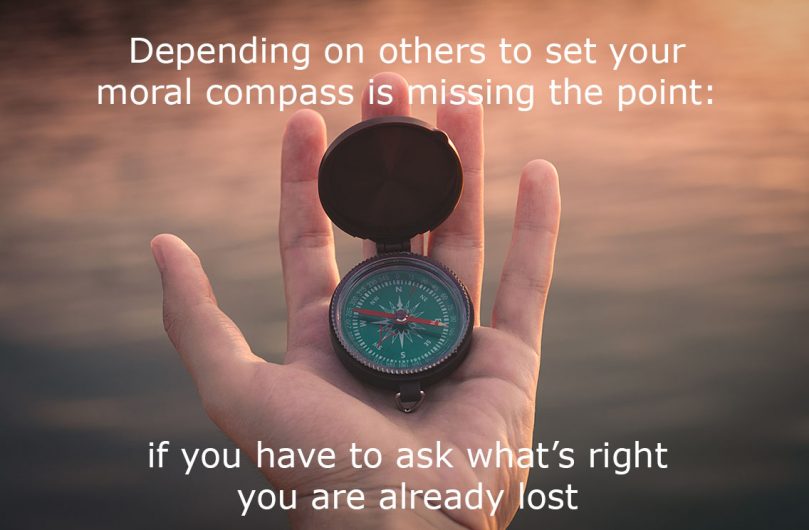I found myself sitting at the ninth month of a six-month English course having not submitted an exercise in over three months. After getting two course extensions I was desperate to figure out the causes of my seemingly chronic procrastination and distraction. I had started the course well enough, completed the exercises faster than the recommended timeline, and was on target to complete the course in four or five months. Then the wheels fell off, and I found myself in the ninth month with two course units and a final exam remaining. I am not normally known as a procrastinator, and I was enjoying the course content and the mental stretching it was giving me. So, what contributed to this breakdown of my normally good habits?
The first big thing that came to mind came in mid-July when I went in for neck surgery. I was anticipating a quick recovery, as it was a simple “repair job” on a previous surgery that was causing problems. But the recovery sent me for a loop, to the point where I spent three weeks just lying in bed doing nothing except complaining. I can point to that event as the initial cause of my deviation from the recommended course timeline. I did not look at the textbook again until the second week of August when I submitted my next assignment.
A couple of weeks into August, our entire family went to Toronto to attend my niece’s wedding. At a family brunch the next day, my brother asked me if I would be interested in doing some coding on a project he was putting together. I had not done any serious programming in the six years since I retired. The prospect excited me, and I indicated I would be happy to help. I jumped into the project, working every day to put together a proper back-end system to support the functionality required. I completely forgot about the English course, fully absorbed in this new challenge. At the beginning of September, the final month of the course, I resigned myself to get the first extension, which gave me until November for completion. I kept the course textbook on my desk and convinced myself that I would have time once I had done just a little more on the project, which proved to be a major miscalculation.
Over the summer, my wife and I discussed doing a major renovation of our home. We wanted to get rid of the carpet upstairs, re-work our bathroom to replace the too-large bathtub (my wife could not even get in the monster that was there) and make our closets more functional. We talked about the project with one of our friends, an interior designer with her own company, and floated the ideas with her. She called in early September and asked if we were interested in starting the project in October. That decision sent all hope of timely course completion out the window. Our lives were turned upside down, as the entire upper floor of our house, including our office, went into storage. The project experienced some delays, and of course, we expanded the scope, so it will not be completed until Christmas. We still live on the main floor, amid plastic-draped chaos, with constant noise and tradespeople coming and going. Somewhere in the middle of October, I obtained another extension, realizing there was no way to complete the course by the end of November.
Last week I pulled up the course outline and checked out where I stood. I realized I had just two more units to complete, with nothing except the chaos around me holding me back. I went through the process of brainstorming how I had gotten to my current state. That process of reflection gave me clarity on the effect distractions can have on goal achievement. I had let events around me lead me astray from a path focused on completing my course in a reasonable amount of time. Once I identified that root cause, I knew that I needed to create time and space free from distraction, setting aside the chaos around me to allow myself to properly focus. I put aside the guilt and persistent feelings of failure, re-oriented my thoughts on finishing strong, and picked up the notebook to start the course again.










